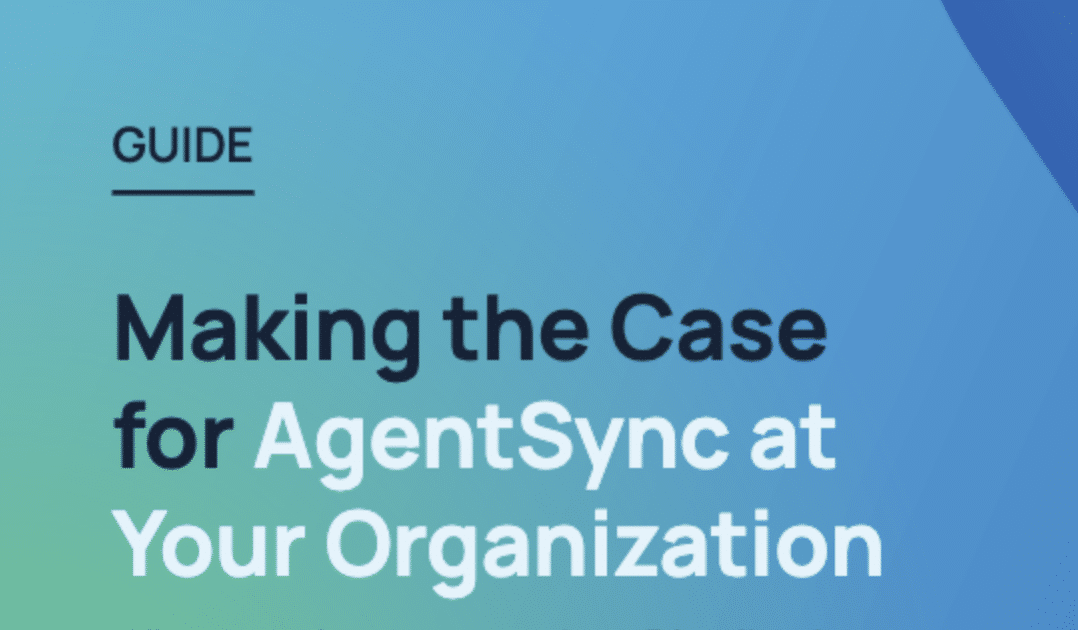

The overlap between the financial and insurance industries means every now and then the regulatory expertise we provide extends beyond traditional insurance producer licensing and compliance and into the world of dually licensed variable lines brokers. AKA agents, who sell insurance products that contain an investment component (i.e. securities).
Securities, along with the individuals and firms who sell them, are heavily regulated to protect consumers and the economy as a whole. If you’re looking for more information on why the securities market matters to insurance professionals, start here. If you’re ready to get into the nitty gritty regarding securities regulations, keep reading.
A brief history of the U.S. securities market
Way back before it was the highly regulated landscape of today, the U.S. securities market of the early 1900s was more akin to the Wild West. While John Wayne-esque gunfights weren’t exactly commonplace, the corruption and every-man-for-himself attitude sure was. The securities market was rife with shady business practices, as investment dealers issued stock with unsupported promises of future gains and concealed important details to make investments appear more attractive to consumers than they actually were.
These not-so-moral business practices played a big role in inflating the stock market before its eventual collapse in 1929. After the stock market crash and resulting era of economic depression, Congress proposed several acts to help regulate the previously unchecked U.S. securities market. One such act was the Uniform Securities Act, which helped popularize blue sky laws, or state laws aimed at regulating securities and protecting investors from fraud.
The National Securities Markets Improvement Act of 1996
Fast forward a couple of decades and, thanks to blue sky laws, fraudulent activity within the securities market had slowed. Unfortunately, that’s not the only thing that slowed. Because many of the securities subject to the new blue sky laws were already subject to federal regulation via the Federal Securities Act of 1933, inefficiencies in the U.S. securities market began to surface.
To reduce the burdensome back and-forth between state and federal regulatory agencies, Congress passed the National Securities Markets Improvement Act of 1996, also known as the NSMIA. The NSMIA sought to create more efficiency in the securities market by exempting certain securities advisers and products from having to pass through state-level regulation. And thus federal-covered advisers and securities were born.
What is a federal-covered adviser?
State-exempt investment advisers, more commonly known as federal-covered advisers, are securities advisers who are required to register with the SEC and are therefore subject to federal regulation.
To qualify as a federal-covered adviser, a financial firm or individual must meet certain asset thresholds. Here’s how those thresholds break down as defined in the Dodd-Frank Wall Street Reform Act:
Small advisers: Any investment adviser with less than $25 million in assets under management is considered a small adviser and is prohibited from registering with the SEC and becoming a federal-covered adviser. Instead, small advisers must register in their home state. Unless their home state just so happens to be Wyoming, which currently requires all advisers to register with the SEC regardless of size.
Mid-size advisers: Any investment adviser with more than $25 million but less than $100 million in assets under management is considered a mid-size adviser and is prohibited from registering with the SEC only if their home state requires them to register in-state. If their home state doen’t require them to register in-state, they must register with the SEC as a federal-covered adviser. All mid-size advisers based in both Wyoming and New York are required to register with the SEC.
Large advisers: Any investment adviser with at least $100 million in assets under management is considered a large adviser and can choose to register with the SEC. However, if a large adviser has over $110 million in assets under management, the choice disappears and they must register with the SEC.
Prior to the NSMIA, investment advisers were subject to both SEC and state regulation. But what was an adviser to do when the rules and requirements conflicted between the two regulatory authorities? Do you listen to the state administrator or the SEC? The NSMIA’s creation of federal-covered advisers made things far less confusing by drawing a clearer line between advisers and the regulatory body with authority over them.
What are federal-covered securities?
To further reduce over-regulation and promote greater efficiency in the securities market, the NSMIA also includes language to exclude certain securities from state registration and regulation. Federal-covered securities are securities that are exempt from state registration requirements and are instead regulated by federal law. The main purpose of federal-covered securities is to standardize and simplify securities regulations and filings across the U.S. The NSMIA identifies four classes of covered securities, including:
- Securities listed on national securities exchanges such as the NYSE and the NASDAQ
- Securities issued by investment companies registered under the Investment Company Act of 1940
- Securities sold to qualified purchasers
- Securities offered via specific exempt transactions
While federal-covered securities are exempt from state registration, issuers of federal-covered securities may still be subject to certain reporting obligations with the state administrator. In the U.S, issuers of federal-covered securities generally have to provide the state with a copy of the SEC registration form, a report detailing the dollar amount of securities to be sold in each state, and the associated filing fee.
State administrators have little to no regulatory authority over federal-covered securities, although they do have the ability to prevent the sale of a federal-covered security if they suspect fraud.
The securities market remains highly regulated
While the NSMIA led to a fair deal of improvement in the efficiency of the market, the sensitive nature of securities means the individuals and firms who deal heavily with these financial products still face a complex web of regulations and requirements. Failing to comply with the appropriate federal and state requirements can result in significant legal and financial consequences.
If streamlining license compliance management, either for insurance producers or dually licensed insurance and securities brokers, is at the top of your list, AgentSync can help. Talk to one of our experts or watch a demo today.

